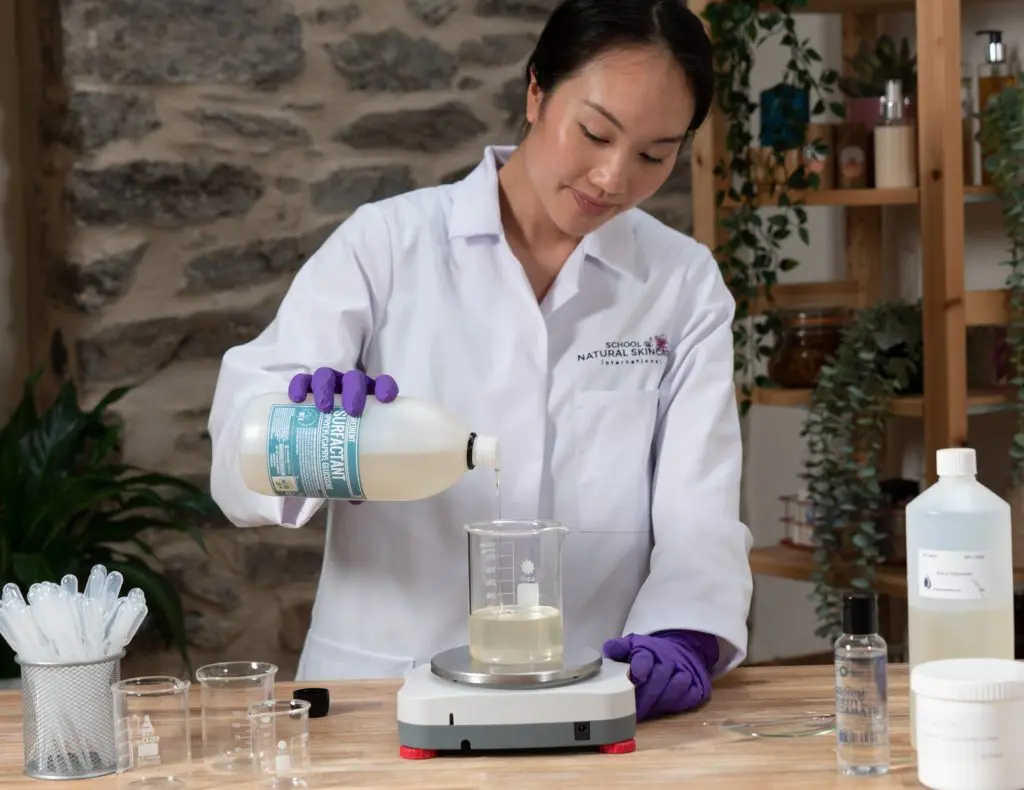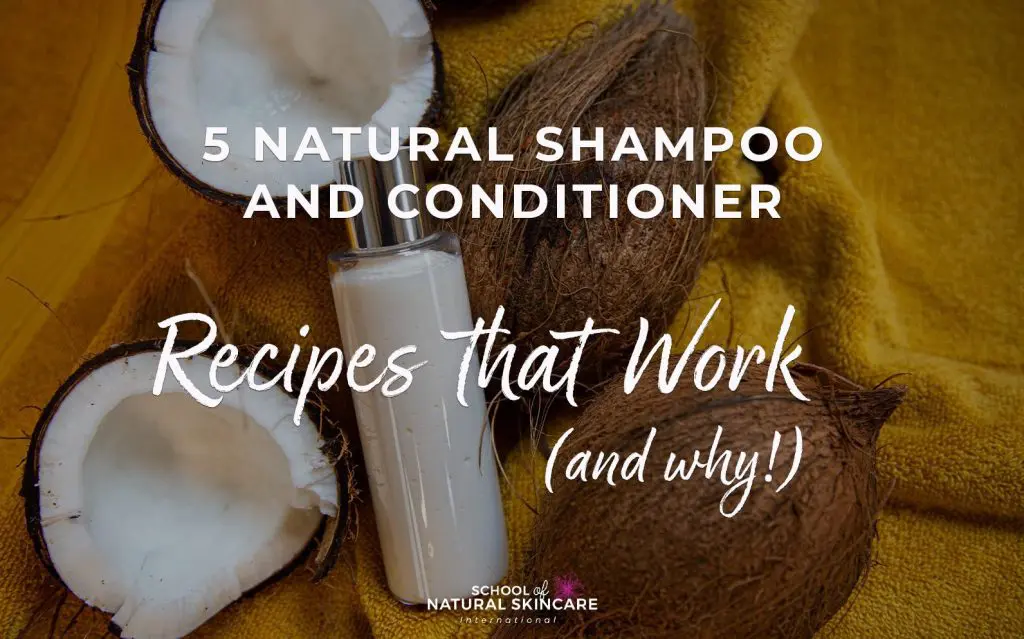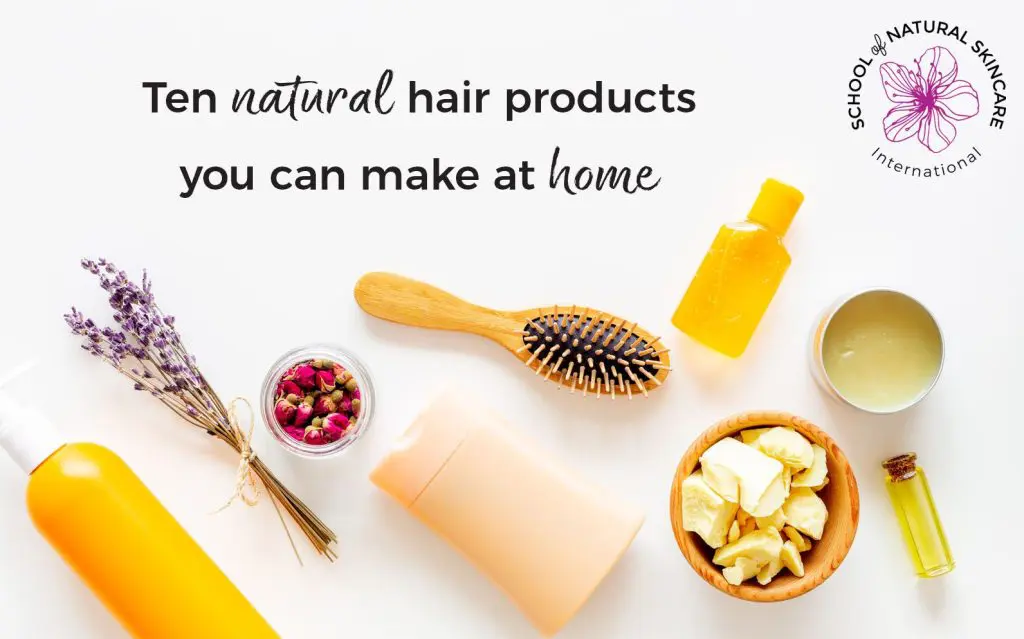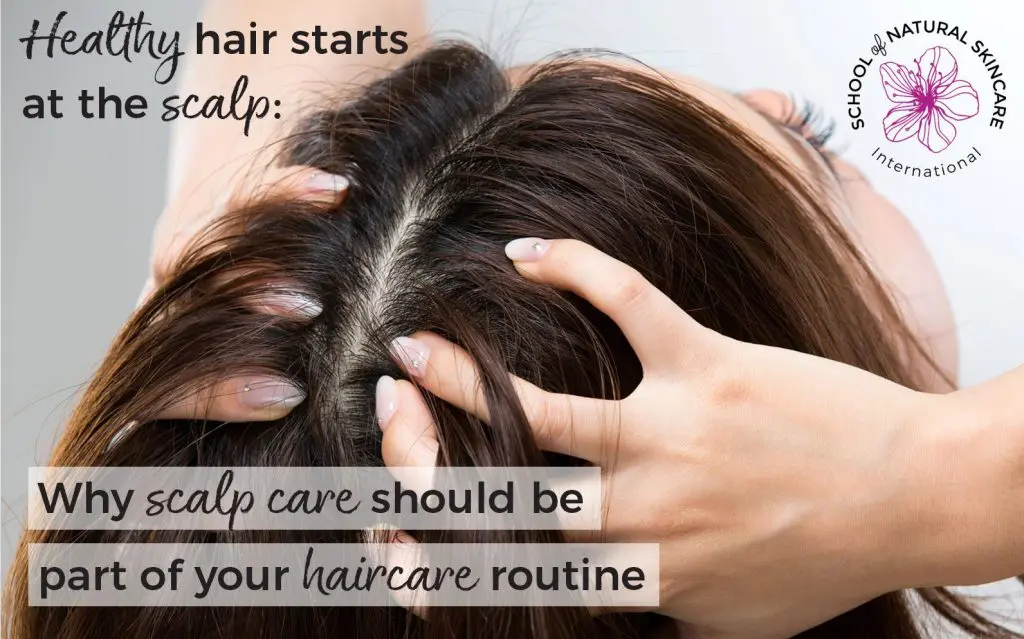The wonderful thing about making your own haircare products is that you get to customize them to suit your exact needs.
If you’re relatively new to product formulation, you might not be aware of just how customized your products can be. But even if you’ve started to play around a bit with your own formulations, there are always new options, new ingredients, and new, exciting customizations that your haircare products can be tweaked to include.
The sky truly is the limit!
Here are just a few of the powerful ingredients that you can include in your shampoos, conditioners, and other haircare products—masks, treatments, and styling products, just to name a few—and start to experience their amazing results.

1. Hydrolyzed plant protein.
Short chain peptide molecules from various plants, like corn, wheat, rice or soy, are often used in haircare products. They are completely natural and vegan, and bring wonderful benefits to haircare products: They can prevent hair dryness, give volume to the hair, protect it from sun and heat damage, and increase its ability to attract and retain hydration for truly dry and weary strands. Consider adding hydrolyzed plant protein if your hair is dry and damaged.
2. Glycerin.
This simple yet powerful addition to many haircare products is derived from vegetable oils. it is a very effective and easy to use moisturizer, it’s practically a must in shampoos and conditioners. It is a humectant which works by drawing moisture deep into the hair, and can even be beneficial for the scalp. For many folks with naturally curly hair, Glycerin is their secret weapon.
3. Surfactants.
Okay, we might be cheating just a tiny bit to name an entire ingredient group rather than a single ingredient, but hear us out: Surfactants are definitely your haircare friends. Surfactants are a big group of ingredients which provide different benefits from cleansing to conditioning, and they are crucial for effective haircare cosmetics. You can learn more about why they’re so crucial in our Diploma in Natural Haircare Formulation!
4. Panthenol.
This is a specific form of Vitamin B5 which is a marvelous choice for dry hair in desperate need of hydration. It can nurture the hair, improves its elasticity and moisture levels, and can even be great for scalp health and hair growth!
5. Stinging Nettle Extract.
Roots of the stinging nettle contain phytochemicals that can prevent or slow down hair loss, plus they can help to make the hair stronger and healthier looking.
6. Broccoli seed oil.
The oil found in broccoli seeds contains very special fatty acids that have a similar effect to silicone. Even though the oil has a strong, somewhat unpleasant scent, it can make the hair nice and shiny, without weighing it down. Use sparingly (unless you really love the smell of broccoli!)
7. Caffeine.
An effective pick-me-up in your morning cup of coffee, but also a great cosmeceutical to stimulate hair growth! Caffeine works to increase blood flow to the scalp, and to the hair follicles themselves. Working caffeine extract into a scrub or scalp mask means applying it with a nice massage—which can definitely help as well!
These are just a handful of the amazing ingredients you can use to personalize your haircare products. Once you know the basic structure of a haircare formulation, you can get started right away making your own customized shampoo, conditioner, and other haircare products.
Whether your goal is to make the most amazing vegan deep-conditioning mask or the gentlest free-trade scalp-stimulating scrub, we’ve got you covered. There’s everything you need to know to find great ingredients, formulate exceptional products, and change up your haircare routine from the comfort of your own home, right here at the Diploma in Natural Haircare Formulation.
Free Training
Become a Natural Haircare Formulator
There are so many myths and mistakes online about haircare formulation—many of which can actually damage your hair.
Learn the professional way to formulate natural and organic haircare products with our free email training series.

Exclusive for our newsletter subscribers. Sign up now!
We look after your data in accordance with our privacy policy.
What you’ll learn:
- The essential ingredient you must include in a shampoo.
- Five natural shampoo recipes that won’t work and why.
- How to avoid SLS – and gentle, natural alternatives.
- The difference between making haircare products and skincare products.
- How NOT to make your own shampoo and conditioner bars.
Exclusive for our newsletter subscribers. Sign up now!
Love this blog post? Save this image below on Pinterest so you can be sure to remember





